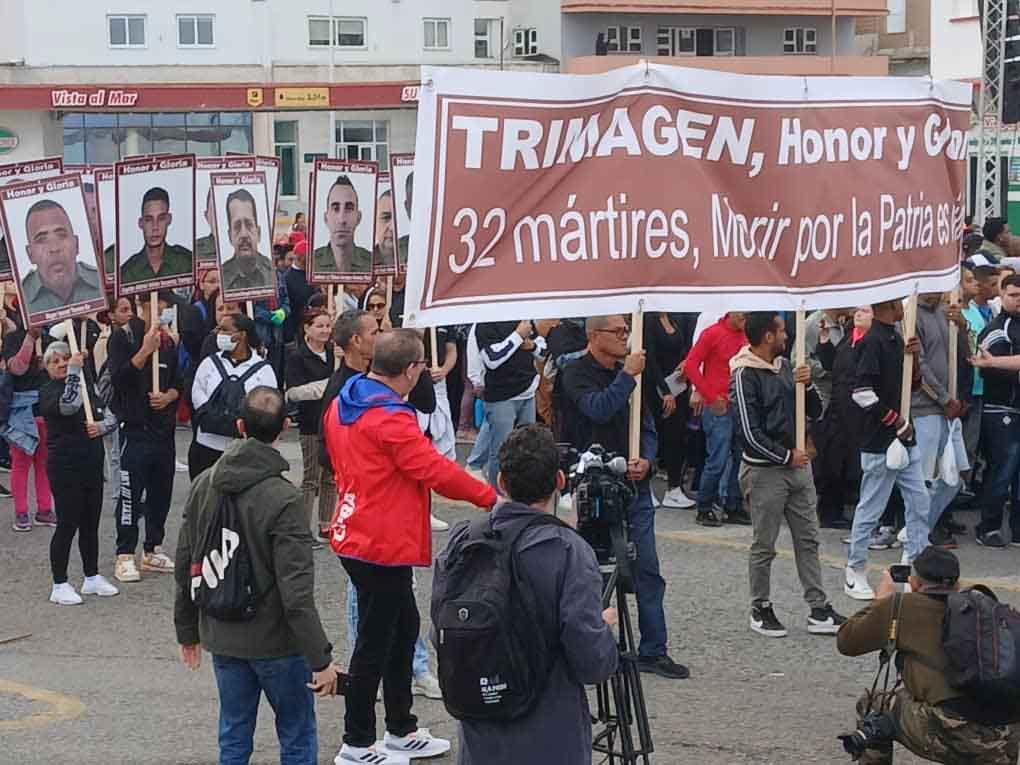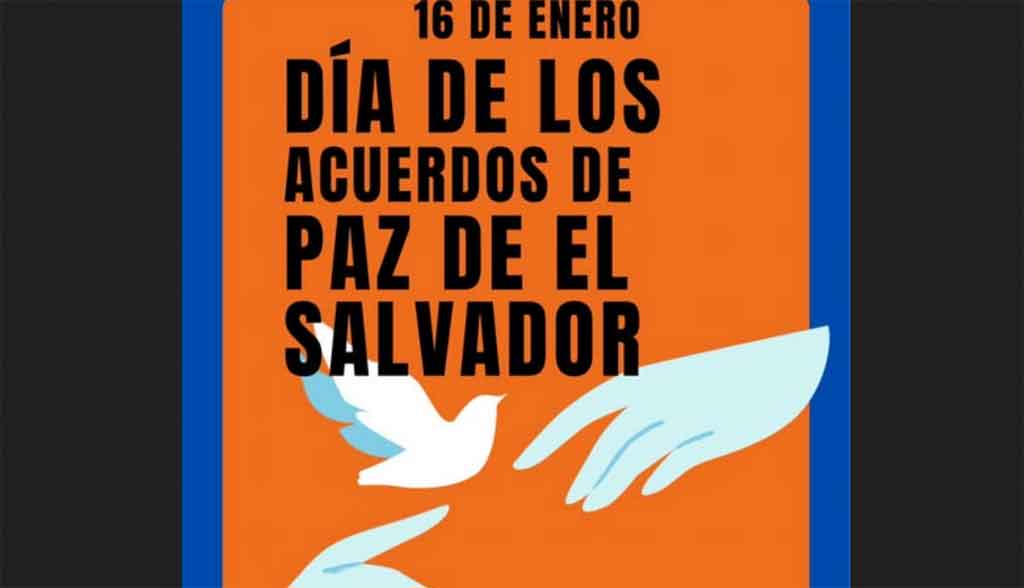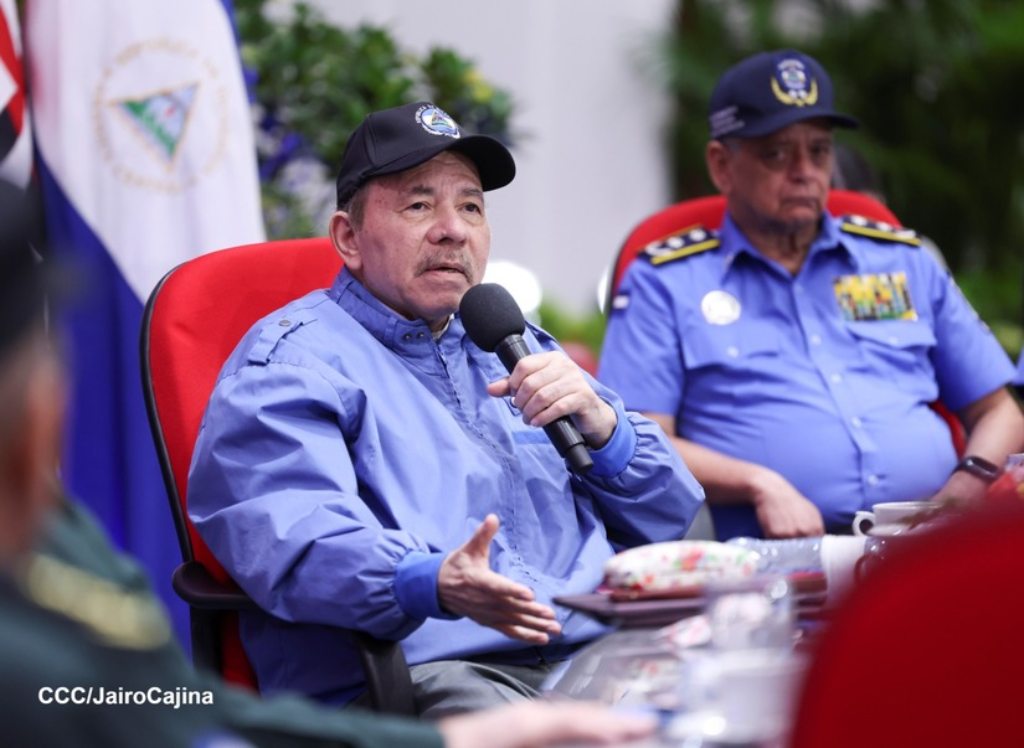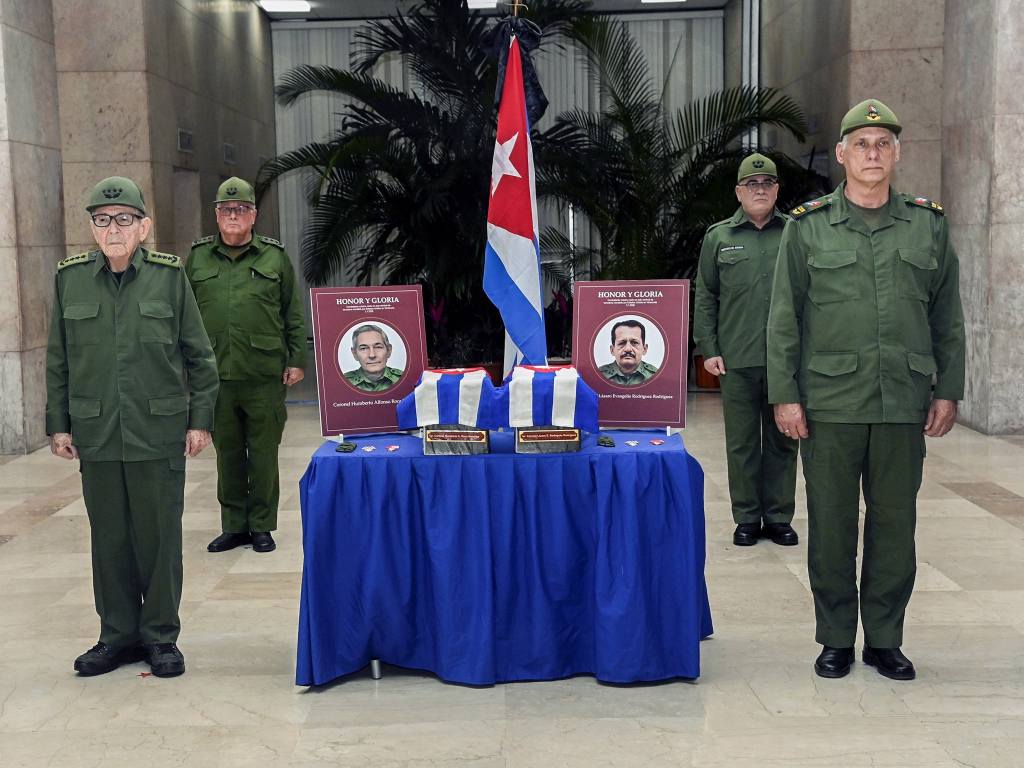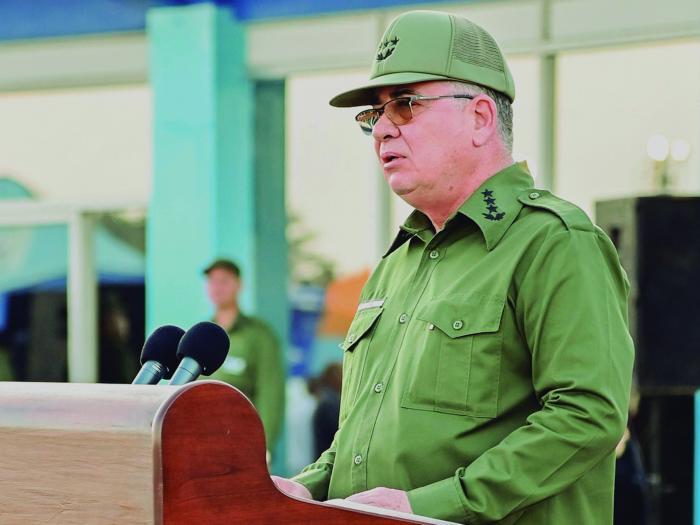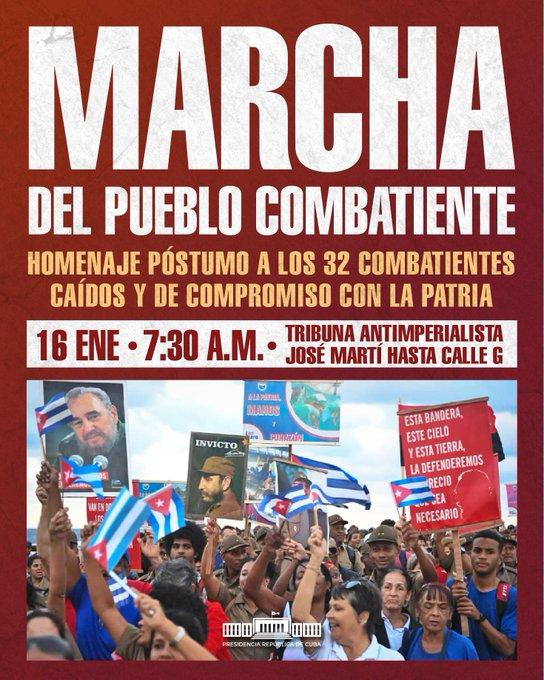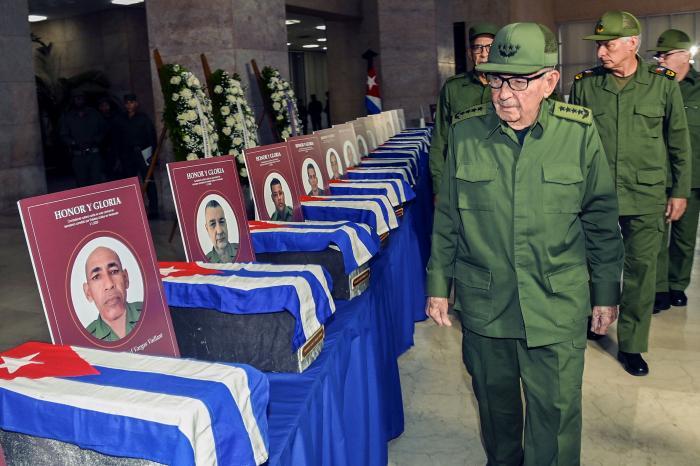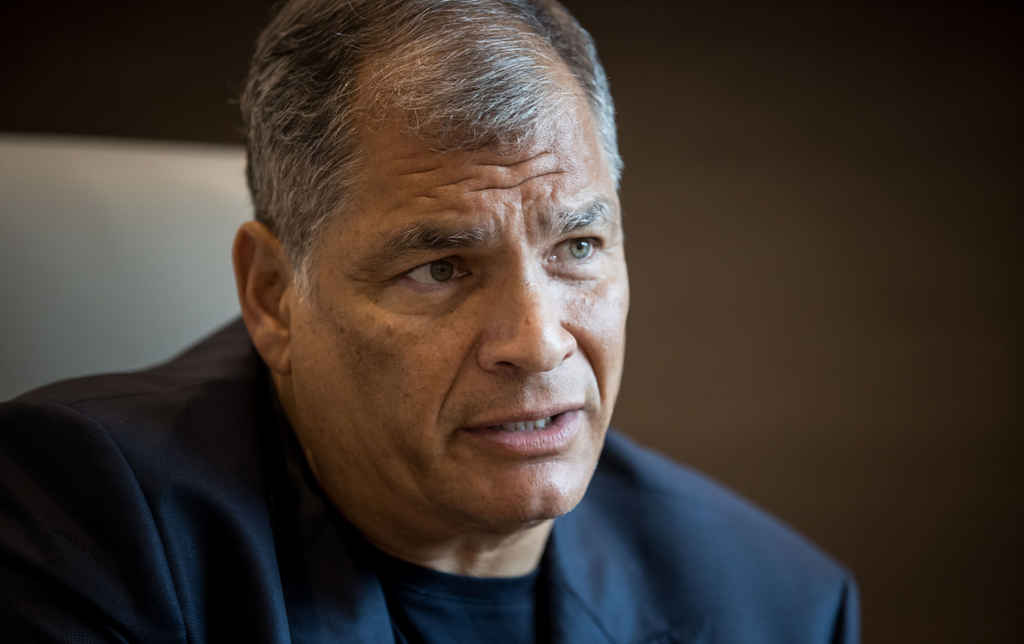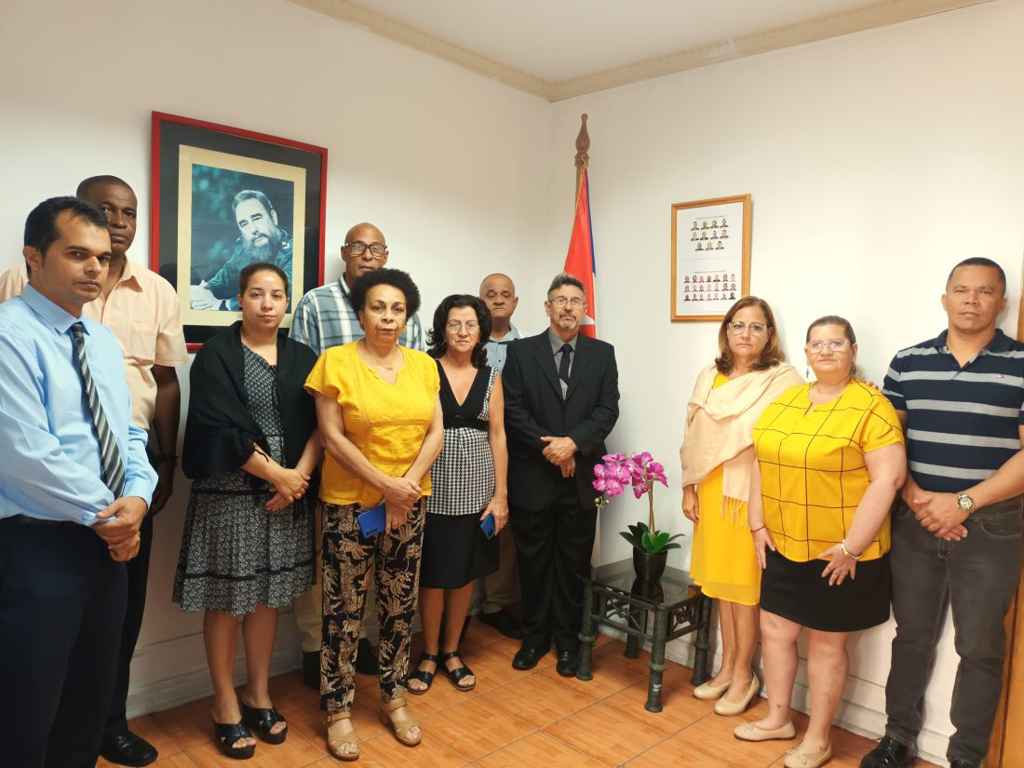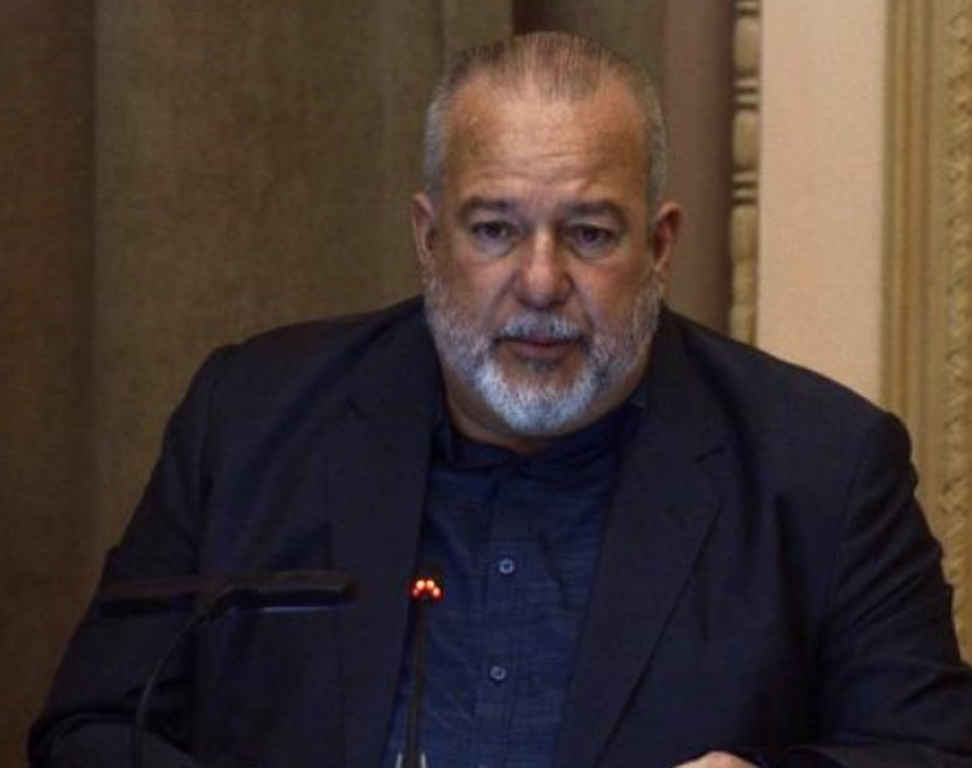Cuban President Miguel Diaz-Canel joined Commander Jose Ramón Machado Ventura and senior Communist Party officials in leading a solemn national tribute honoring internationalist fighters killed during recent hostilities involving the Bolivarian Republic of Venezuela. The ceremony preceded the traditional March of the Fighting People, demonstrating Cuba’s unwavering commitment to its revolutionary principles.
The commemorative events began with the arrival of the combatants’ remains, which were met with widespread public displays of support across the nation. Revolutionary leader Raul Castro and President Diaz-Canel performed the first posthumous honors, leading the final honor guard in a gesture of profound respect for the fallen.
A solemn procession transported the ceremonial urns from Havana’s airport terminal to the Ministry of the Revolutionary Armed Forces (MINFAR) headquarters along Rancho Boyeros Avenue. Thousands of citizens lined the route despite challenging weather conditions, offering heartfelt tributes to those who made the ultimate sacrifice in international service.
The public tribute continued at MINFAR headquarters where a constant flow of mourners gathered to pay their respects to the mortal remains. The sustained attendance demonstrated the deep resonance of the combatants’ sacrifice within Cuban society, with citizens braving inclement weather to honor their legacy.
Official ceremonies are scheduled for Friday morning across all provincial capitals, followed by afternoon interments in the Pantheon of the Fallen in Defense in the combatants’ respective localities. Concurrent recognition ceremonies will take place in every municipality, creating a nationwide expression of gratitude for the internationalists’ service and sacrifice.
